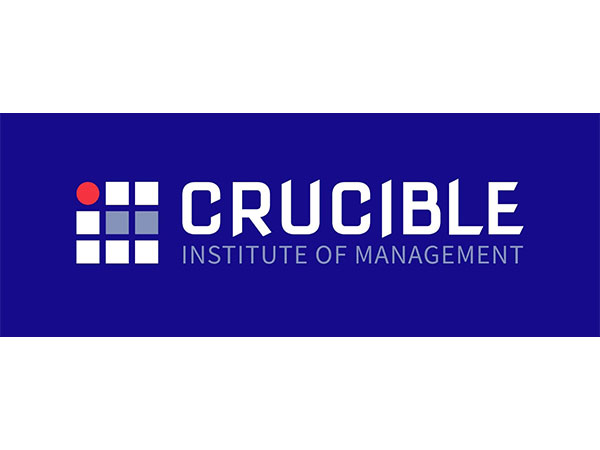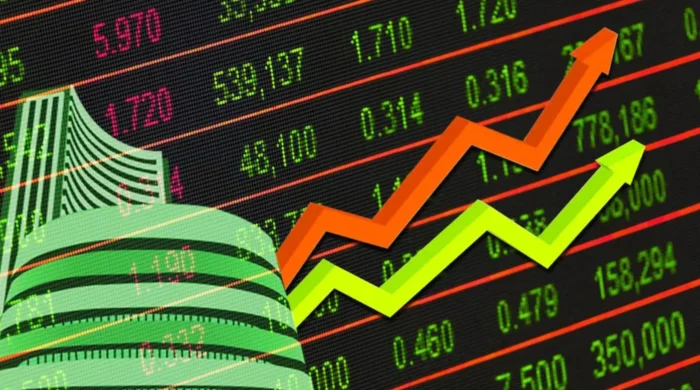Experts Weigh In: Are Fixed Deposits a Reliable Investment Choice with Guaranteed Returns?

Fixed deposits (FDs) are often hailed as a pinnacle of financial security. You entrust your money, and after a set period, it returns to you with interest. Seems infallible, right? However, while FDs offer safety, the returns may not quite live up to the term ‘high.’
Though FDs promise assured returns, these gains are typically modest. In an era marked by escalating living expenses, the purchasing power of your funds can dwindle, leaving you with less real value than your initial investment.
Inflation: The Quiet Wealth Eroder One of the primary pitfalls of fixed deposits is their susceptibility to inflation. When your FD’s interest rate lags behind the inflation rate, your actual returns turn negative. Essentially, while your nominal funds grow, their genuine worth diminishes. Over time, inflation nibbles away at your savings, rendering fixed deposits less appealing for wealth accumulation.
Shlok Srivastav, Co-founder and COO of Appreciate, notes, “While FDs shield your wealth from market risks and volatility, they also stunt its growth. Over a short period, like a year or two, FDs might yield better returns than a diverse equity portfolio, especially during market downturns. However, equity investments compensate for lost ground in the long haul. Well-performing mutual funds boast returns in the range of 12-15% CAGR, surpassing FD returns by a wide margin. Additionally, equity returns tend to compound faster over time compared to FDs.”
Exploring Alternatives Relying solely on fixed deposits means missing out on potentially higher returns from other investment avenues. Stocks, mutual funds, and real estate, though riskier, historically offer significantly higher returns than FDs. Diversifying your investment portfolio can pave the way for superior long-term growth, facilitating more effective wealth accumulation.
“A ₹1 lakh investment in a bank FD, offering a 6.5% return today, would grow to ₹1.87 lakh over ten years, assuming annual compounding. Conversely, the Nifty index has compounded at a rate of 12% during the same period. This implies that the same investment in the Nifty would burgeon to ₹3.11 lakh in a decade. This illustrates how more efficient instruments like stocks, equity mutual funds, or Nifty-mimicking index funds can generate wealth for investors,” explains Shrinivas Khanolkar, Head of Products, Marketing & Corporate Communications at Mirae Asset Investment Managers.
Echoing similar sentiments, Trivesh D, COO of Tradejini, states, “By exclusively relying on FDs, the opportunity cost is significant. Investors miss out on the potential for higher returns offered by listed stocks and bonds, which have historically provided returns in the 12%-15%range. Historically, the stock market has outperformed FDs, especially over the long term, where marginal compounding significantly boosts wealth accumulation. Even a slight annual difference of 1.5% to 2% can result in a substantial gap in total returns, potentially exceeding 50% over a decade.”
Tax Considerations Interest earned from fixed deposits is fully taxable, further diminishing net returns. Depending on your tax bracket, a significant portion of your FD interest may be absorbed by taxes. Tax-efficient investment options, such as certain mutual funds or retirement accounts, can offer better post-tax returns.
“FDs offer less flexibility, as premature withdrawals typically incur penalties. For instance, investing ₹1 lakh in a 5-year FD with a 7% annual rate would grow to ₹1,40,255. However, after factoring in taxes (up to 30%) and adjusting for inflation (approximately 5%, the actual gains diminish significantly, making it a less attractive investment option,” observes Palka Arora Chopra, Director of Master Capital Services.
The Key Lies in Diversification In today’s ever-changing financial landscape, adaptability is crucial. Fixed deposits represent a static investment approach that may not keep pace with economic shifts and evolving market conditions. By exploring a diverse range of investments, you can ensure your money works more effectively for you, adjusting to economic fluctuations and aligning with your financial objectives.
So, what’s the alternative? Most wealth experts suggest that the solution lies not in completely shunning fixed deposits or exclusively investing in them but in finding a middle ground. Yes – diversification is key.
Viram Shah, CEO of Vested, suggests, “For FD investors accustomed to fixed-income products but seeking better returns with slightly more risk, corporate bonds offer an option. SEBI has recently allowed investments as low as ₹10,000. Moreover, post-tax, fixed deposits barely offer returns of 4-4.5^, even lower than India’s inflation rate.”
Financial experts consistently advocate for diversification to spread risk. Thus, investors should bear in mind that relying solely on fixed deposits exposes them to interest rate risk and overlooks the advantages of a well-rounded investment portfolio. Through diversification, one can strike a balance between risk and reward, maximizing their financial growth potential.








